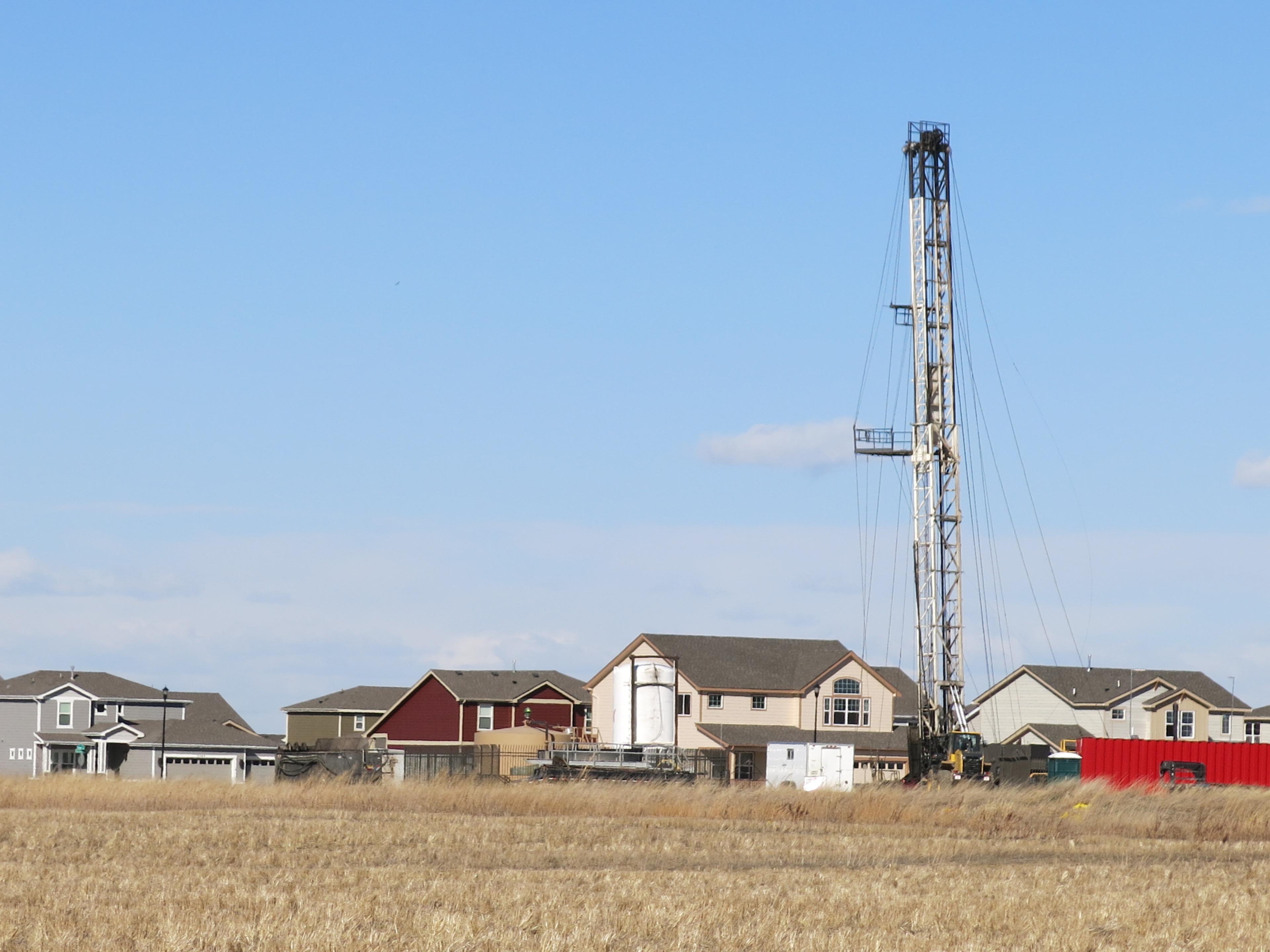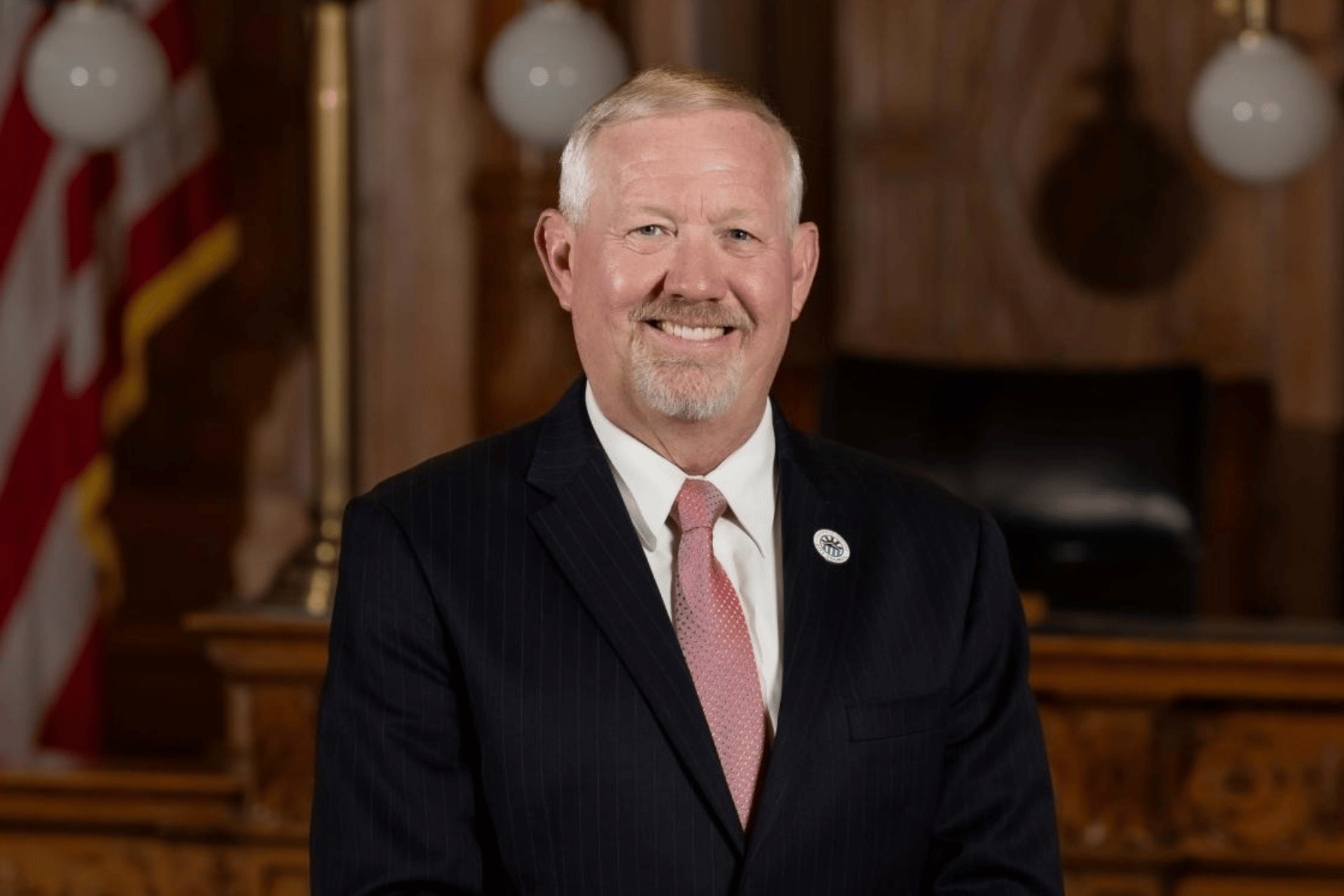

Colorado oil and gas companies landed a significant victory election night as voters rejected sweeping restrictions for the industry.
Proposition 112 would have required any new oil and gas development that's not on federal land to be set back at least 2,500 feet—a half mile—from homes and "vulnerable areas" like playgrounds, lakes and rivers.
Dan Haley, president and CEO of the Colorado Oil and Gas Association, said workers got involved because their livelihoods were at stake.
"What's been amazing to me is seeing the people in this industry step forward. People who don't like politics and don't want to be involved in politics, but they understand you don't get to choose your moment," Haley said.
Current state regulations prohibit oil and gas facilities from being closer than 500 feet from homes and 1,000 feet from schools, health care centers, and other high-occupancy buildings. The measure was statutory, meaning it needed a simple majority to pass.
Colorado Election Results
Oil and gas companies including Anadarko and Noble Energy poured millions into the political interest group Protect Colorado. Through mailers, door-to-door visits and TV ads the group trumpeted the industry’s economic success, and raised concerns about what would be lost if companies faced new restrictions.
Those opponents said the measure would have eliminated new oil and gas activity on most non-federal land in the state and would cost the state jobs. They say the industry generated $10.9 billion in production value in 2017, and supported many other industries and jobs. State and local governments would also receive less in tax revenue if the measure were to pass, they say.
Proponents for the measure said it would reduce health and nuisance impacts—headaches, nausea, traffic, dust, for example—of drilling sites. They say it would have given property owners greater certainty about the location of new oil and gas sites close to their property.
Fracking opponents are running out of avenues to challenge drilling in Colorado. In 2012 and 2013 Longmont and Fort Collins imposed short- and long-term bans on oil and gas. But the Colorado Supreme Court rendered those efforts illegal. Efforts to impose greater setbacks through the state legislature have failed.
One of the few remaining challenges lies in another legal challenge in front of the same court: Martinez v. Colorado Oil and Gas Conservation Commission (COGCC). That case challenges the COGCC, the state oil and gas regulatory body, to prioritize health and safety over oil and gas development.
The Colorado Supreme Court is expected to issue its ruling in the next year.
Oil production has doubled in the state since 2013, and as of 2017 the state had 54,000 producing wells. Natural gas production has been stable for the last decade. But an increase in population along the northern Front Range means more people are living near oil and gas facilities.








